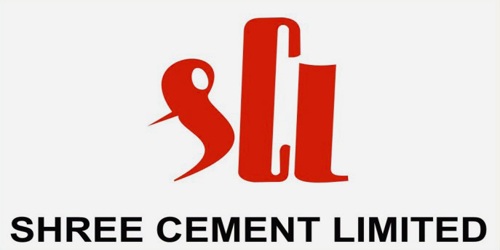The future for managed services providers (MSPs) is upbeat, as rising complexity and security concerns — fueled by the work-from-anywhere environment and high-profile hacking events — have elevated IT administration from a cost center to a strategic priority for the C-suite.
Increased complexity and security concerns – driven by the working from anywhere environment and large-scale hacking events – have changed IT management from a cost center to a fundamental strategic goal for the C-suite, and the prognosis for Managed Service Providers (MSPs) remains good.
The fact that the skills needed to manage and safeguard complex IT environments are in high demand is a primary driver of their expansion, making it difficult for many firms to establish and keep internal IT teams that are competent to the challenge.
The increasing need for the skills needed to manage and protect complex IT infrastructures is a primary driver of the expansion of such providers, making it difficult for many firms to establish and keep internal IT teams that are competent to the task.
As a result, more businesses will continue to outsource part or all of their IT administration to highly competent managed service providers. According to some industry insiders, just 30-40% of the managed services market has penetrated, leaving a big space that MSPs can fill. These tailwinds have caught the attention of private equity investors, who are eager to participate in the industry, which will accelerate the present consolidation.
MSPs offer all of the characteristics that private equity is looking for: a strong demand trend, minimal risk of obsolescence, a “sticky” service that draws long-term clients and generates high recurring revenues, good cash flow margins, and a firm that is generally “asset-light.” Furthermore, the sector remains fragmented, with around 40,000 MSPs in the United States [as of 2019], providing significant opportunity for private equity participants to establish large enterprises through acquisitions.
Several private equity companies have previously made investments in the industry. Cowen monitors about 50 MSPs controlled by private equity firms, many of whom have already purchased other MSPs. The table below lists a number of these private equity-backed MSPs that are likely to help the market consolidate further. The majority of these companies have previously made many acquisitions.
















